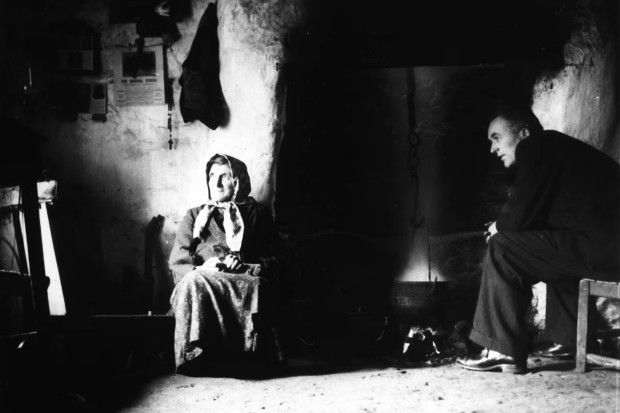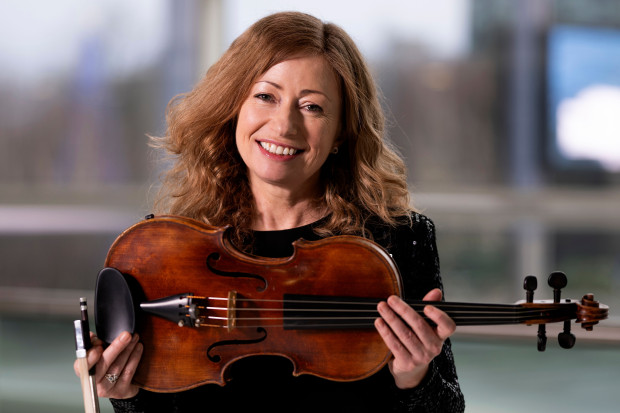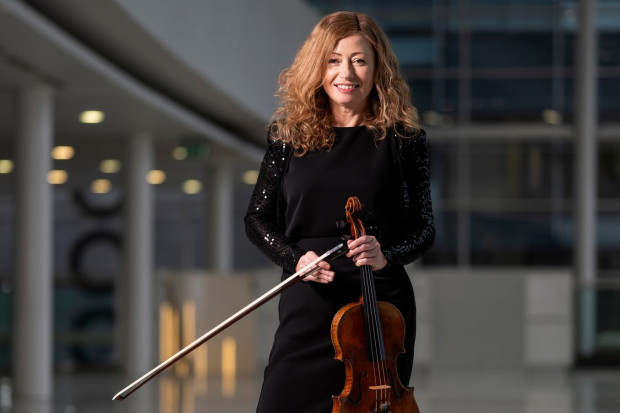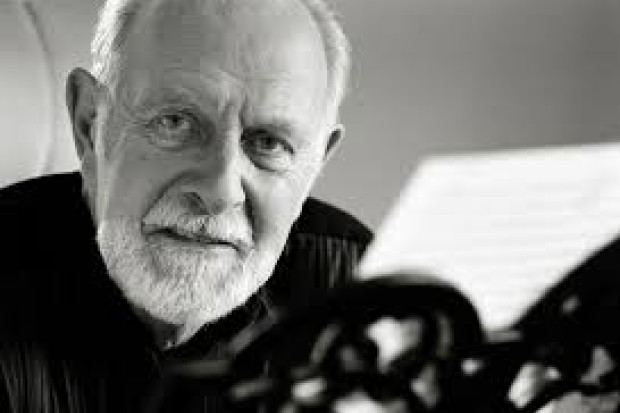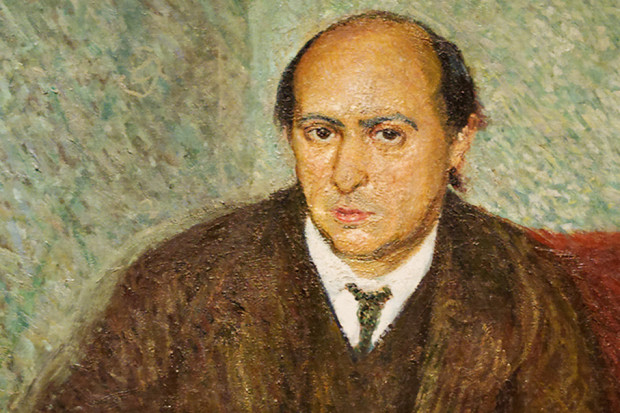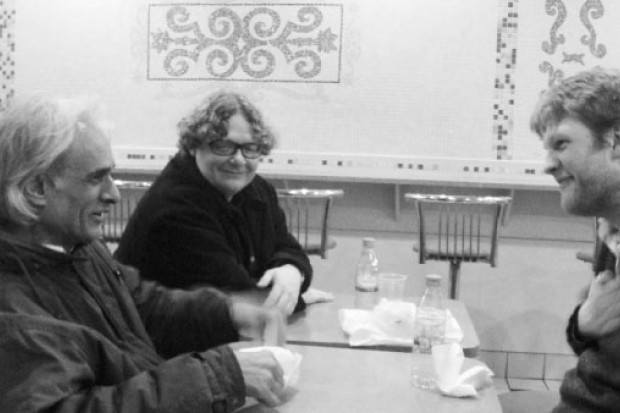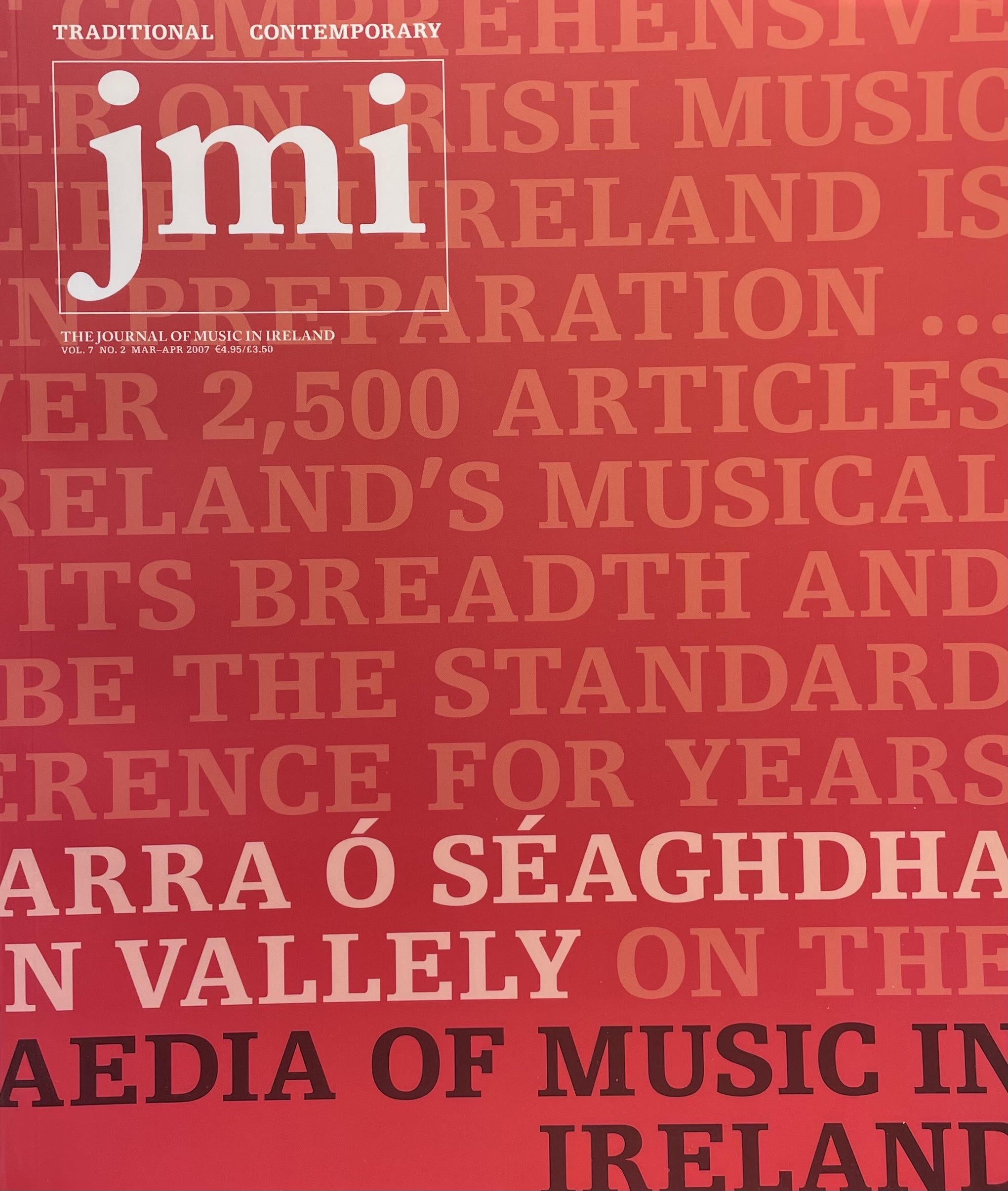
The Encyclopaedia of Music in Ireland
At first sight, it may appear odd to the uninvolved outsider that anybody should get worked up about any encyclopaedia, let alone one that does not yet exist. To understand the thinking behind the Encyclopaedia of Music in Ireland, which is coming into being as we write, to understand why it is important, and to understand why we should care, we may have to journey through the recent and more distant past. In 1990, in the first of the Irish Musical Studies series of books that he co-edited, Harry White, Professor of Music in UCD, makes a case for an encyclopaedia of music in Ireland. In his foundational article, White is looking not only at the internal culture of music but at ways of levering music into the centre of critical consciousness:
If music is at the edge of Irish intellectual consciousness, how to move it to the centre? Certain precedents argue the case for one solution to these questions above all others. That solution lies in the making of an encyclopedia of music in Ireland.
Fifteen years ago it was to Canada – another country use to being overlooked – that Harry White turned. The editors of the Encyclopedia of Music in Canada explained their approach thus:
The idea of devoting a dictionary to the music of one country has been realized before, but the editors are not aware of any previous attempt to describe a nation’s musical culture in all its breadth and depth: the historical and the current aspects of popular, folk, religious, concert and other forms of music, and the educational, critical, administrative and commercial manifestations…
Why, knowing that in its origins it was modelled on the Canadian example, should we not sit back calmly and trust that generosity of spirit and understanding will equally characterise the Encyclopaedia of Music in Ireland? Why can’t any quibbles or queries await publication and the normal reviewing process? Why should it be felt necessary to remind those involved in this enterprise that intellectual independence and integrity are easily compromised but not so easily recovered?
Surely, everyone will agree that we are not going to see a multiplicity of encyclopaedias over the next decade or two, each one offering its particular perspective. Unless the sector sees an explosion of activity, we may suppose that this encyclopaedia will be the standard work of reference, in Ireland and abroad, on institutional and individual shelves, for many years to come. (It will thus aim to do for the entire field of music what Fintan Vallely’s Companion to Traditional Irish Music (1999) has done for one sector.) Why do some of us fear that the items on classical/contemporary music, and those on the historical, social and cultural contexts in which music is produced, may enshrine a partial and intellectually questionable interpretation of Irish musical culture?
The problem is the yawning gap between the vision of musical culture sketched in White’s 1990 article and musical culture as practised in the years since then. The clearest example lies in the intellectual afterlife of Harry White’s principal work of cultural history, The Keeper’s Recital (1998), his overview of the place of classical music in Irish history and culture over two centuries.
Anyone familiar with this work will know that White has a theory to explain the failure of classical music to root itself in Irish culture, and for the consequent failure of this country to nourish Irish composers of international stature. White suggests that, in a country polarised along colonial and nationalist lines, the sheer weight of an ‘ethnic repertory’ put at the service of a nationalist culture meant that an autonomous classical music culture on European lines could not develop. As a result, the creative potential of Irish composers was never realised, no major figure of European stature ever emerged and even today composition has not been able to flourish.
It is a wholly negative view of Irish musical culture, of Irish traditional music, and of Irish composition over two hundred years, and it has been ardently challenged. In a healthy intellectual culture, theories such as those in The Keeper’s Recital would be put forward; they would then be questioned and argued over. Ultimately, whether the initial theories survived unscathed, needed modification or had to be discarded, the process of debate would lead to a general enrichment of knowledge and understanding.
It was to be expected that a ground-breaking and ambitious work such as this would stimulate lively debate. With so much basic research needing to be done, whether on contexts, individuals or particular works, it was also to be expected that there would be disagreement about everything from assessments of individuals to the relative weighting of social and political factors in trying to explain the evolution of music within Irish culture. Had the intellectual values of curiosity, openness and exchange been respected, a broad debate would have ensued, one which would indeed have demonstrated just why musical culture was as vital as existing literary/historical culture. The list below (to which could be added reviews and letters by Gerry Smyth, Desmond Fennell and others) shows what happened in practice.
Challenges to Professor White’s Perspective
> Barra Ó Séaghdha’s lengthy review (‘Harping On’) in Graph: a cultural review, 3.3. (1999) which questioned the framework of the book, pointed out the many unexamined issues that undermined its status as cultural history, demonstrated its lack of respect for modes of feeling, expression and political action with which the author disagreed, questioned its failure to deal with the British dimension of Irish cultural life, and suggested that its treatment of contemporary composers was ill-informed and wrong-headed.
(The subsequent challenges below occurred in the pages of the JMI, founded in 2000.)
> Raymond Deane’s article ‘Ó Riada is Dead – Long Live Ó Riada’ (2001), which challenged White’s focus on Ó Riada in assessing the state of contemporary composition in Ireland;
> Patrick Zuk’s two-part review, ‘Music and Nationalism’ (2002) and his subsequent essay, ‘Music and Nationalism: the debate continues’ (2003): lengthy essays which challenged White’s understanding of nationalism and also demonstrated in close historical detail how his theories were not adequate to the facts;
> Benjamin Dwyer’s review (2003) of the book Irish Music in the Twentieth Century which challenged White’s ideas on Shaun Davey and others;
> Séamas de Barra’s essay (2004) on Arnold Bax which challenged White’s interpretation of this composer;
> Benjamin Dwyer’s review (2004) of a book on Brian Boydell, which challenged White’s interpretation of this composer;
> Barra Ó Séaghdha’s ‘Music Ideas History’ (2005), a review of White’s The Progress of Music in Ireland which reiterated earlier arguments on The Keeper’s Recital and further explored the consequences of the absence of a proper comparative perspective.
Responses
> A letter to the JMI by a German professor expressing dismay at the fact that a respected Irish professor’s ideas were being criticised;
> Brief mentions of Ó Séaghdha and Zuk in Richard Pine’s book on music and broadcasting.
This is what is called debate in the allegedly mature and sophisticated culture of Celtic Tiger Ireland. Irish intellectuals of the early twentieth century would be appalled. Figures as diverse as D.P. Moran (largely unread today but resurrected for mention as a bigot) and AE not only responded to criticism, the magazines they edited were regularly open to opposing views.
Meanwhile, we must gaze in wonder as, year after year, the workhorses of Irish music history, extra-large blinkers reducing any danger of having to scan the open field, drag their battered wagon along the same rutted tracks. It is as if sheer repetition had become a proof of rightness. It has been pointed out to them that their conception of history is profoundly flawed, that they have neglected entire areas of social, cultural and religious history, that there is concrete evidence that contradicts their simplistic theories. Yet Harry White and his fellows roll out their warped version of Irish cultural history as if it were a sacred text that no petty quibbler should be allowed to approach. It is not the intellectual life that interests them, it would seem, but a hollow Irish reproduction of the institutions that sustain intellectual life elsewhere.
Either unaware of the damage that has been done to the theses of Harry White and others of his school, or happy to discover a musical echo to their own prejudices, many outside the field of music work in harness with White. As a demonstration of intellectual pluralism in action, a brief roll-call is here called for. Step forward, Roy Foster, who calls on Harry White in his Oxford Companion to Irish History. Step forward, W.J. McCormack, who calls on Harry White in his Blackwell Companion to Modern Irish Culture. Step forward, S.J. Connolly, who calls on Harry White in his Oxford Companion to Irish History. Step forward, Laurence M. Geary and Margaret Kelleher, who call on Harry White in Nineteenth-Century Ireland: a guide to recent research. Step forward the editors of Grove, who also call on Harry White.
The thinly veiled disdain for traditional music evinced by White; his avoidance of issues such as snobbery, state education and sectarianism where they run against his determination to hold up Irish nationalism as the prime suspect in the abortive birth of classical composition in Ireland (particularly in the nineteenth century); his unwillingness to engage either intellectually or imaginatively with the lives, political aspirations or cultural expression of ordinary Irish people over the centuries; his demonstrated failure to respond to the normal challenges of intellectual life – all these factors render him particularly unsuited to presiding over an enterprise which will contain substantial entries on the social and historical context of music-making.
Dr Barra Boydell will work as joint editor with Professor White. He has a reputation as a scrupulous scholar and analyst and will undoubtedly exercise a positive influence on the enterprise. However, it is Harry White who has marked out the fields of cultural history and of musical nationalism as his own, and it is with regard to these areas that there is most cause for concern.
There is little reason, therefore, to be optimistic about this venture. We may optimistically suppose that whatever coverage is given to music irrelevant to the White worldview – music hall, showbands, jazz, rock and so on – will be relatively unobjectionable. Where traditional music, cultural history and classical and contemporary music are concerned, we can only hope that the contributors and co-editors will be allowed their intellectual integrity and not find that, emerging from the editing studio, their voices have become strangely indistinguishable from that of their master. In that case, we may see something approaching a monument, and not a simulacrum, of Irish culture. We shall all, then, have something to celebrate.
Published on 1 March 2007
Barra Ó Séaghdha is a writer on cultural politics, literature and music.










